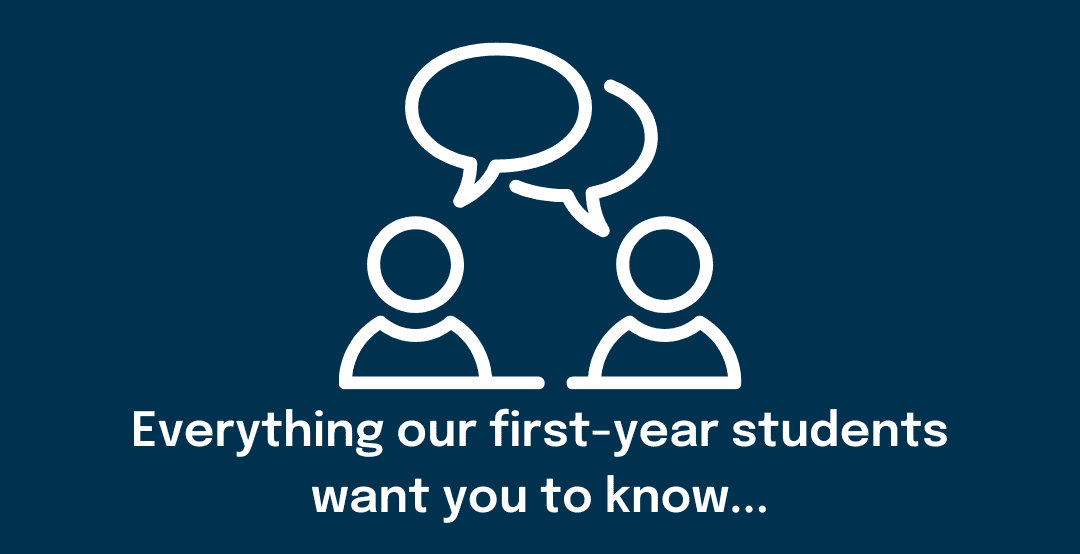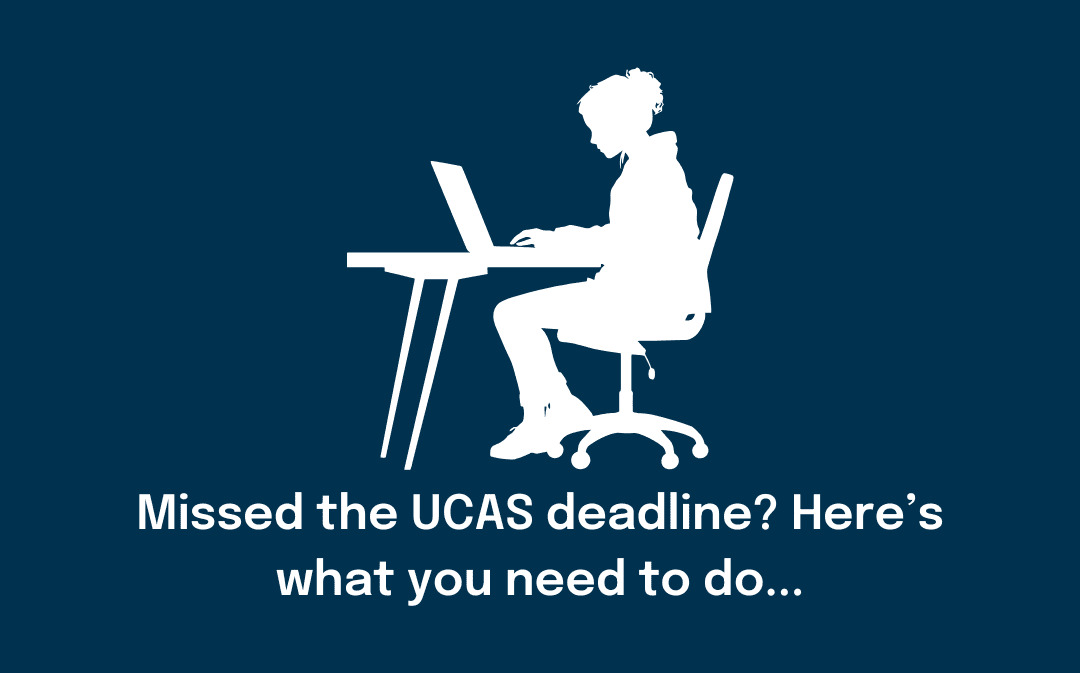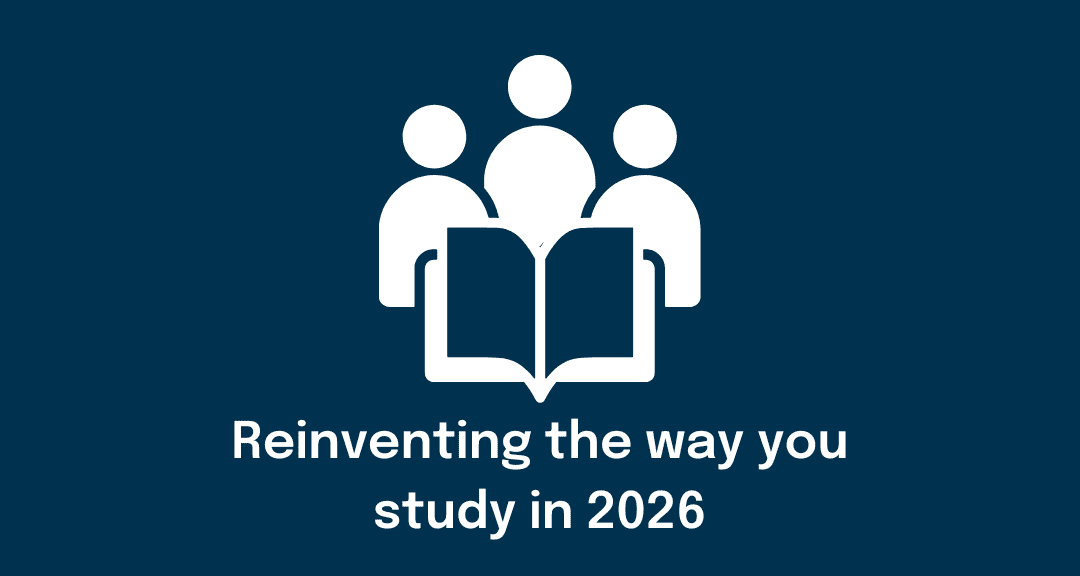5 ways to better your mental health

“Mental health and well-being have been important to me for many years, experiencing anxiety myself and having family members with mental health problems. But it became very close to my heart last year when I lost a friend of mine to suicide. I think we must break down barriers and any stigma surrounding talking about and looking after our mental health.”
Together, we have written five techniques that may help you and others with mental health. We want to give suggestions to help people maintain their mental health and use a ‘helping hand’ when they are struggling. In addition, the following techniques may also help those who have a course-mate, friend or family member who needs support. You don’t have to be an expert to help someone with mental health, but listening, offering practical help, and being a friendly face can be a real benefit to individuals at university, at home, or in paid employment.
Looking after our own and one another’s mental health and well-being is something that we hope will gain more awareness within the University of Chichester. We wanted to show how improving your well-being is something that can be completed in a few minutes a day; it doesn’t require hours of your time, and can be accessed easily during times of stress. We also wanted to provide some tips on how to get talking with others about how they are doing, with the conversation starters and #AskTwice campaigns, so we can support one another with any mental health problems or just everyday stressors.
Here are our top five techniques to improve your mental health
- Ten-finger gratitude exercise: Being grateful for what you have improves your mood substantially. Psychologists recommend keeping a ‘gratitude journal’, but if you don’t have the time, you can simply practice the ten-finger gratitude exercise! Once a day, bring to mind 10 things which you are grateful for, counting them on your fingers. It is important to get to 10 things – even if you have to think about it. Research shows that we struggle to find things we are grateful for after the 3rd or 4th finger. The idea is to go on and bring awareness to everything you are thankful for. Notice the new things that you are grateful for, and the constants in your life that you’re always grateful for.
- Weekend well-being exercise: We work hard on weekdays and worry about making weekends productive. The weekend wellbeing exercise can help in identifying what we really need. Take a moment to ask yourself – what do you really need this weekend? Is it going outside for a long walk? Exercising? Relaxing at home and watching Netflix? Do the activity that you NEED, not the activity you think you should be doing to feel productive.
- Important self-questions: Ask yourself the following questions to help support your mental health and wellbeing:- What things support my wellness?- What things are important and meaningful to me?- What would I like to try, to see if it could help my wellness?
– What do I need to avoid to stay well?
- Conversation starters: Having conversations about mental health can help reduce the shame and stigma around it. Whether that’s with your family, friends or university staff – starting the conversation is the best way to tackle stigma around mental health and let those close to you know how you’re really feeling.
- How to help others: If you feel someone close to you is struggling with their mental health, ask twice how they’re feeling. Once you’ve asked them how they are – ask again. If someone says they’re fine, there is every chance they might not be, and sometimes, asking again can make a world of difference. Be patient with people you know are struggling; sometimes, they may not want to talk yet, and that’s okay! Don’t force the conversation; letting them know you’re there is a great start.
Lizzie, BSc (Hons) Psychology: My name is Lizzie and I am currently a third-year student studying Psychology. Talking about mental health is important to me because before my eating disorder diagnosis in 2012, I didn’t have much awareness of the subject and never spoke about it with my friends, family or partner. Through my recovery with Anorexia and Generalised Anxiety Disorder (GAD) over the years, I have realised just how important mental health is and how raising awareness, communicating with others and creating an environment where people can share their experiences, without fear or judgement, is integral to support wellbeing.
Charlotte, BSc (Hons) Psychology: I’m Charlotte and I am a Psychology graduate. Mental health and well-being have been vital to me for many years, experiencing anxiety myself and having family members with mental health problems. But it became very close to my heart last year when I lost a friend of mine to suicide. I think we must break down barriers and any stigma surrounding talking about and looking after our mental health.





